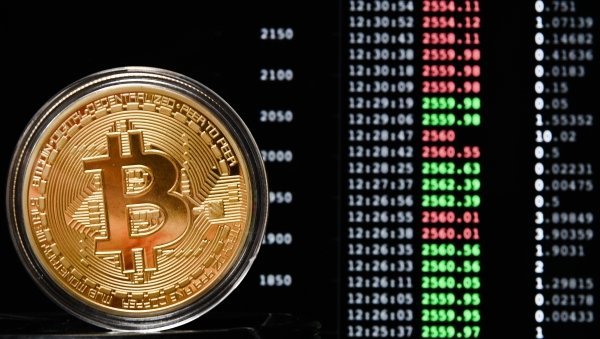MOSCOW, May 7 (RAPSI) – The Ninth Commercial Court of Appeals ruled on Monday to treat cryptocurrency denominated assets as a part of a debtor’s bankruptcy estate, Vitaly Korystov, a representative of the finance manager in the case, told RAPSI.
The court granted an appeal challenging a lower court judgement, which dismissed a motion to include cryptocurrency at Ilya Tsarkov’s, the debtor, digital wallet into his bankruptcy estate, submitted by Alexey Leonov, the financial manager in the case. The court of appeals overturned the judgement of the Moscow Commercial Court and ruled the keys of the wallet to be handed over to the financial manager, Korystov said.
This March, the Moscow Commercial Court explained its reasoning regarding its refusal to include bitcoin denominated assets into a bankruptcy estate, noting that cryptocurrency had no legal status in Russia and that anonymous nature of transactions with “virtual money” prevented identification of their owners.
According to the court, currently Russian legislation does not provide definition of cryptocurrency and there are no requirements for its circulation. There is no way to tell if it is property, information or “surrogate”, the court notes, stating that it is impossible to regulate the relations involving cryptocurrency.
It was also noted that the use of cryptocurrency presented a potential danger, including a risk of being prosecuted for money laundering or financing terrorism.
Nevertheless, the court of appeals agreed with the arguments presented by the financial manager, who pointed out that it was established by the lower court that the debtor had access to a certain digital wallet, and the fact that the money at the wallet belonged to Tsarkov had never been challenged.
Moreover, the manager cited the position of the European Court of Human Rights on the issue of property and a bankruptcy case in Japan, where a court permitted to sell the debtor’s cryptocurrency. According to the manager, the lower court should have taken into account modern economic realities and new information technologies; besides, according to him, bad-faith parties could exploit the fact that cryptocurrencies were excluded from bankruptcy estates by converting their assets and thus rendering them inaccessible.



